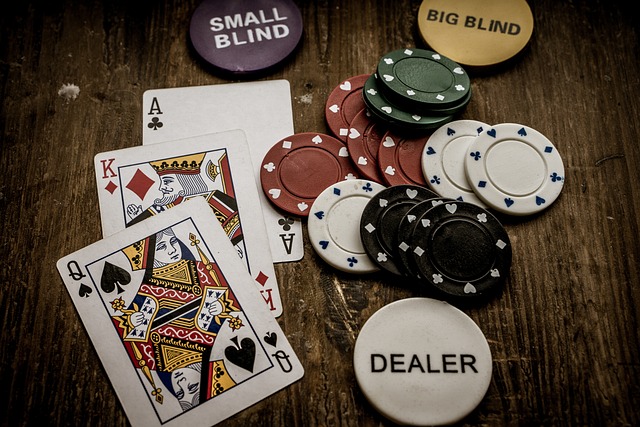The history of casinos dates back to ancient times, where gambling was a popular form of entertainment, like HellSpin now. The first recorded instances of gambling were in China in 2300 BC, where tiles were used for games of chance. The Greeks and Romans also enjoyed gambling, and many of their games are still played today.
In the 17th century, the first casino was established in Venice, Italy. Known as the “Casino di Venezia,” it was built to provide a controlled environment for gambling during the annual carnival season. Other casinos soon followed, and by the 19th century, casinos were established throughout Europe and the United States.
In the United States, gambling was initially limited to riverboats and saloons. The first modern casino, the Casino de Monte-Carlo, was established in Monaco in 1863. It quickly became a popular destination for wealthy Europeans, and its success inspired the establishment of casinos throughout Europe and the United States.
The early 20th century saw the rise of organized crime, which used casinos as a way to launder money and engage in other illegal activities. The famous gangster Bugsy Siegel is credited with establishing the first modern casino in Las Vegas in 1946. The Flamingo Hotel and Casino was built with mob money, and Siegel hoped to use it to attract Hollywood celebrities and wealthy gamblers. Despite Siegel’s ambitions, the Flamingo struggled financially and was eventually sold to a legitimate businessman, who turned it into a successful casino.
In the years that followed, Las Vegas became the center of the gambling world, with new casinos springing up to compete for customers. The city’s famous “Strip” became a destination for tourists, who were drawn to the bright lights, lavish hotels, and non-stop gambling.

The 1970s saw the rise of Atlantic City, which was seen as a way to provide an East Coast alternative to Las Vegas. The first casino in Atlantic City, Resorts Casino Hotel, opened in 1978. It was soon followed by other casinos, which transformed the once-decaying resort town into a thriving gambling destination.
Today, casinos are found all over the world, from Macau to Monte-Carlo, and they continue to evolve and adapt to changing times. Many casinos now offer amenities such as fine dining, shopping, and entertainment, as well as gambling. Online casinos have also become increasingly popular, offering players the chance to gamble from the comfort of their own homes.
Despite their popularity, casinos continue to face criticism from some quarters. Concerns about problem gambling and the social and economic costs of gambling have led some countries to restrict or ban gambling altogether. In others, however, casinos remain a vital part of the economy, attracting tourists and generating revenue for governments.
In conclusion, the history of casinos is a long and fascinating one, spanning centuries and continents. From ancient China to modern-day Las Vegas, gambling has been a popular form of entertainment for millions of people around the world. Despite its controversies, the casino industry shows no signs of slowing down, and will likely continue to evolve and adapt to changing times and tastes.




